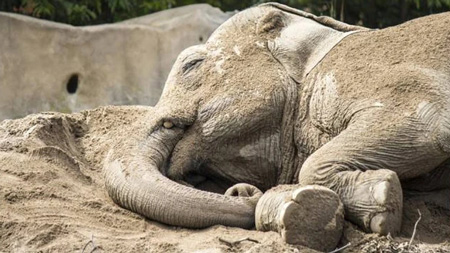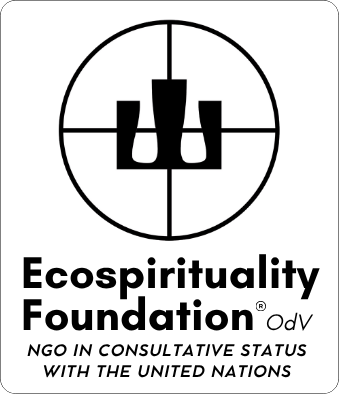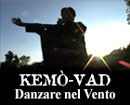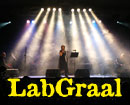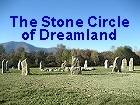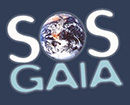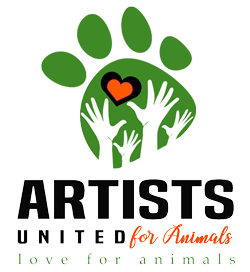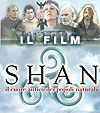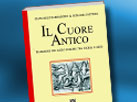| English Page |
Coronavirus emergency: how do animals live this? |
 |
 |
| 25 March 2020 | |||
The other species and the Earth take a sigh of relief
In this time of emergency in which human beings are alternating moments of creativity with moments of panic for the uncertain future, sentient beings of other species take a breath of freedom. And it is precisely seeing the joy manifested in this moment by the other species that one realizes the disaster that the human species has wrought against the animals. To begin with, now that animals are taking back the planet, we can see how invasive humankind has been, depriving the other species of all their spaces. I do not think that the happy song of birds that seems to enhance the silence of humans has escaped those who live in the city. There are moving images on social media that testify to this extraordinary jubilee, a saturnal in which the roles are reversed: they are free, we are in a cage. A moment, unfortunately for them, temporary. In Venice, a couple of mallards decided to build their nest on the vaporetto dock in Piazzale Roma. Thousands of fish have been spotted in the waters of the lagoon, which have returned transparent as never seen before. In Milan, on the deserted canals, a magnificent swan swims undisturbed, while hares take back the parks and jump happily even in the heart of the city. At the port of Cagliari, in front of the central via Roma, between the piers or along the shores of the beach, you can see the profile of dolphins dancing on the surface of the water. But in these days of emergency from Coronavirus, reassured by the absence of moving boats, the mammals have pushed themselves up to the bow of the moored boats. In addition to the presence of dolphins, it affects the less oily water. It seems obvious that in ports the waters must necessarily be dirty with an oily patina. Unfortunately, once the emergency is over, it is easy to predict that everything will return as before, even if the remedies, both for the ports of Cagliari and for the canals of Venice, would be there: to clean the sea there are, for example, so-called "eat oil" products . Also in Sardinia, several wild boars have been seen on the streets of Sassari, probably because of the strange silence of these days and the absence of people. In search of food, the animals were immortalized in several deserted areas of the city, including some central streets.
In Malcesine, South Tyrol, a duck was seen strolling quietly in a square, while a goat was roaming the streets of the city. And while we were stuck at home, Sardinian cows relaxed on the beach: it happened in Berchida, on a beach frequented by cows located in the territory of Siniscola, in the North-East of Sardinia in the province of Nuoro. The emergency was worldwide, and the relief of the animals has crossed the whole planet. The news of the 14 Asian elephants who got drunk in a deserted village in China made headlines. The group of pachyderms in search of food went exploring in a village looking for corn and since all the humans were closed in the house, they sneaked into a villa, only that instead of corn they found fermented corn. They drank 30 liters of corn wine and took a hangover. All 14 of them were found asleep. In Japan, local deer have been observed in Nara Park as they went down the street in search of food. Usually, the park is teeming with tourists, as the Sika deer that live there are a local attraction. Tourists usually buy crackers sold in the park with the specific purpose of feeding deer, however, as the number of visitors has plummeted in the past few weeks, deer seem to have no choice but to wander outside their territory to find something to munch on. Earth also breathes. But after? Since the coronavirus emergency began, smog levels have drastically lowered: satellite images of NASA and ESA, the European Space Agency, have shown a drastic reduction in nitrogen dioxide emissions. In short, the planet is taking a deep breath "cleaning itself" little by little. But after? After the Coronavirus emergency, what can be done to keep the improvement? Will this pause for reflection have been enough to realize that if we do not radically change our lifestyle we will have other emergencies? Will we be able to put the universal value of health first, both for man and the planet and for animals?
Pandemics and intensive farming Beyond the moral considerations, scientists from all over the world are now dealing with the coronavirus connection and intensive farming. And it is also now known that farms animals are one of the major causes of environmental pollution. About 2 acres of rainforest are cut every second and the main cause of this destruction is intensive farming: the trees are cut to make room for animal feed crops. A drastic reduction in meat consumption can save the planet. Even the big food chains have understood this, or at least have understood that people are sensitive to the topic, and they run for cover inventing vegetable burgers. It will be difficult to return to the "first world". This epochal crisis will be remembered in the history books, all sorts of hypotheses on the true origins will be made, and it is utopian to think that in a short time everything will return to normal. Nothing will be the same as before, not the economy, not society. But we hope that this stop, this induced silence, will lead us to build a better world, no longer based on the systematic depredation of resources and above all, not based on the atrocious suffering of animals. The vast majority of people don't want this. We must also make it clear to those who are holding the fate of the planet. *Rosalba Nattero is the President of Ecospirituality Foundation, NGO in Consultative Status with the United Nations
|
 -->
-->


